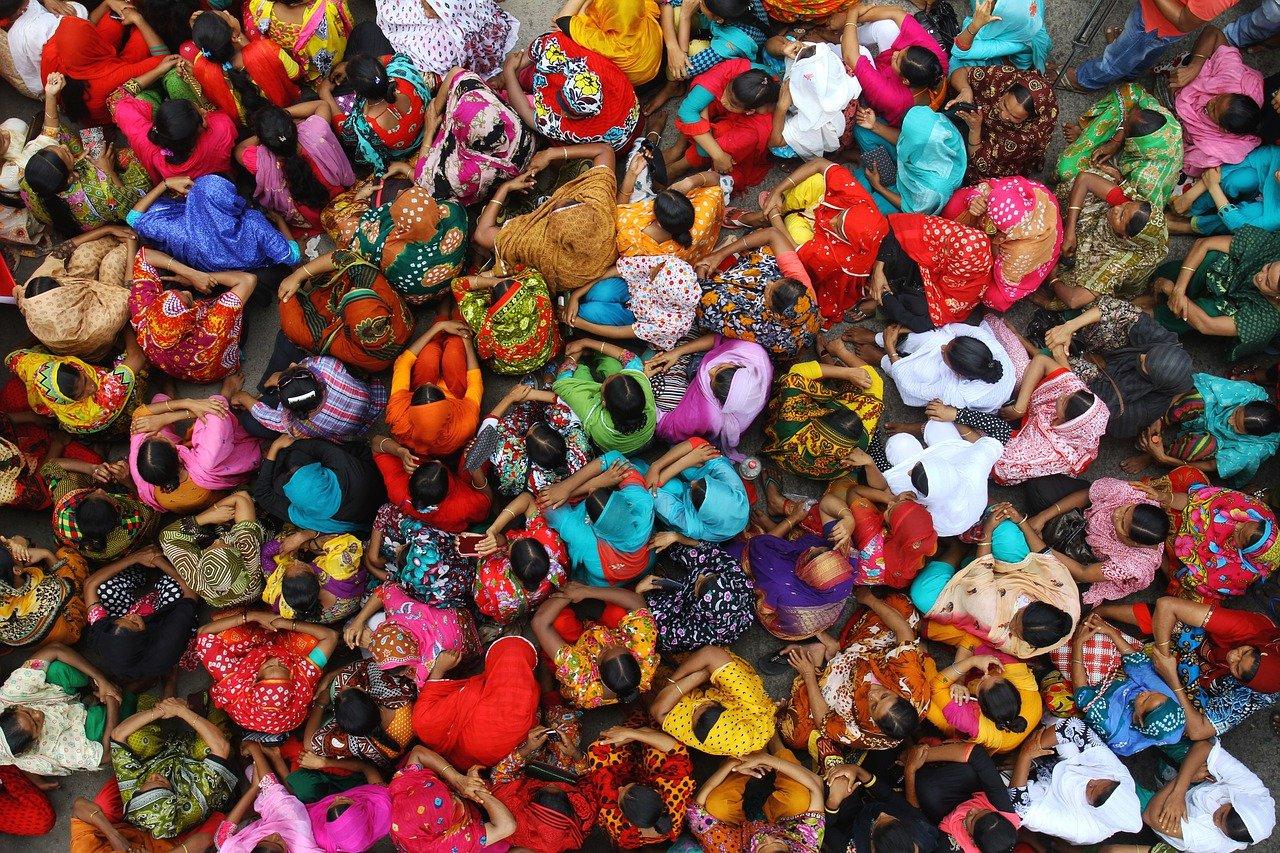Redefining Sustainable Travel: Crafting a Community Focus
Before COVID, travel was becoming so efficient and inexpensive that people were able to do it frequently and without much thought. On the surface, this seemed like a great thing - people had access to globetrotting in ways they never had before but in reality, COVID has highlighted some major issues this freedom caused, namely overtourism, lack of sustainability and uninformed travellers.
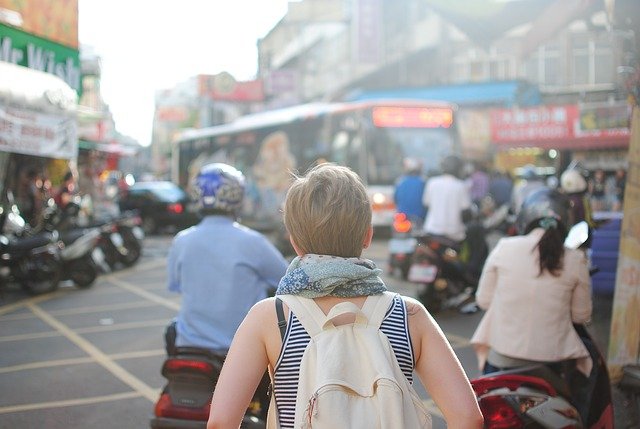
Photo: Crowded tourism destination
Overtourism, or “loving places to death”, is defined by the UNWTO as “the maximum number of people that may visit a tourist destination at the same time, without causing destruction of the physical, economic and sociocultural environment and an unacceptable decrease in the quality of visitors’ satisfaction”.
While overtourism has become associated with larger tourist destinations such as Venice or Machu Picchu, it’s important to acknowledge the effects it has had on smaller communities. These communities, particularly those with Indigenous populations, cater to the arrival of tourists by altering their way of life. Children often skip school to make goods to sell to tourists when they know they will be coming. In the summer of 2017, on my trip to Peru, I recall the bittersweet experience of greetings from the village children who met tourists at different points in our hike through the Andes, anxiously awaiting handouts of bread or fruit.
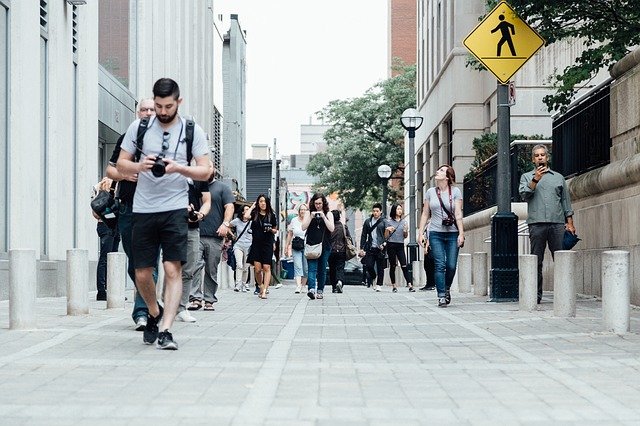
Photo: Overtourism taking over the local people
Overtourism will only get bigger as people venture into remote areas for “authentic” experiences. We have to consider things at scale - even twenty tourists in a village could be considered overtourism. Working with a travel professional and educating yourself to make the best choice on where to stay or visit will be key. Ensure you are booking travel options that are taking action towards a more sustainable future for travel. Do they source local supplies? Are they partnered with any sustainability focused organizations or nonprofits? If you’re planning out your own travel itinerary, try choosing your hotel based on their values and their involvement in having a positive impact on their surrounding community.
Bruce Poon Tip, founder of G Adventures, wrote an e-book over the course of 2020, reflecting on what travel has meant and where it is headed, particularly in light of the pandemic. Poon Tip notes that sustainable travel is at the forefront of a lot of our minds when we think about tourism moving forward, but points out that this term has never been clearly defined. If we look at the human experience as the root of the travel industry, we can shift our thinking from “sustainable travel” to “community travel”, where “the communities we impact ripples far beyond a destination. It includes the employees, supplier and agent partners, small business owners, customers and travellers.” This perspective can generate a win-win scenario in which there is ethical treatment of all people involved. Companies can focus on ethical treatment of employees, including those they hire in local communities and therefore inspire and instill conscientious practices in their travellers. When we as travellers are exposed to the authenticity and reality of local environments, it is natural for us to do some self reflection and extend empathy to those we are interacting with.
Another bonus of community minded thinking is that we can strip tourism of the commodification mentality that has been developed in this unspoken “quantity over quality” pursuit. In other words, the volume of travellers and travel opportunities has hindered the industry from achieving its fullest potential. Poon Tip says, “We were born explorers but the travel industry has turned us into tourists - consumers of culture rather than contributors to it...we have become people who leave their ethics and even manners at home.” He likens the travel industry to a zoo in which “noble creatures are packed into tight spaces, fed off-label food and made to behave in whatever ways earn the most profit.” This is a powerful analogy for us vegans to examine.
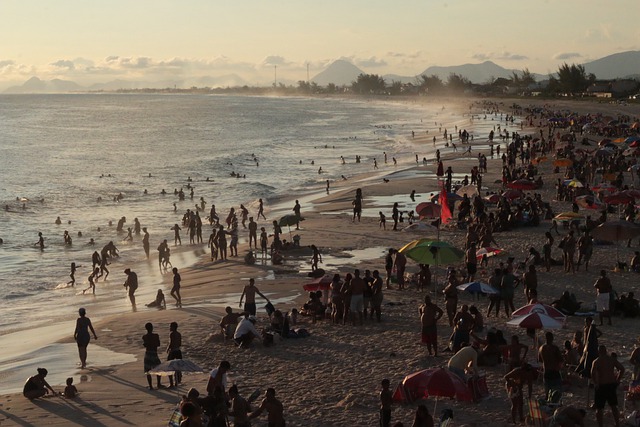
Photo: Crowded tourism destination
The environment is another important extension of community travel and its destruction is one of the most obvious results of overtourism. Verge Magazine, an online travel magazine which focuses on travelling with purpose states that the tourism industry is responsible for somewhere between five and 14 percent of the global greenhouse gas emissions, with flying and driving acting as the largest contributors. There’s even a Swedish term associated with the environmental consequences of flying. “Flygskam”, Swedish for “flight shame”, refers to being against business and leisure air travel due to its carbon emissions.
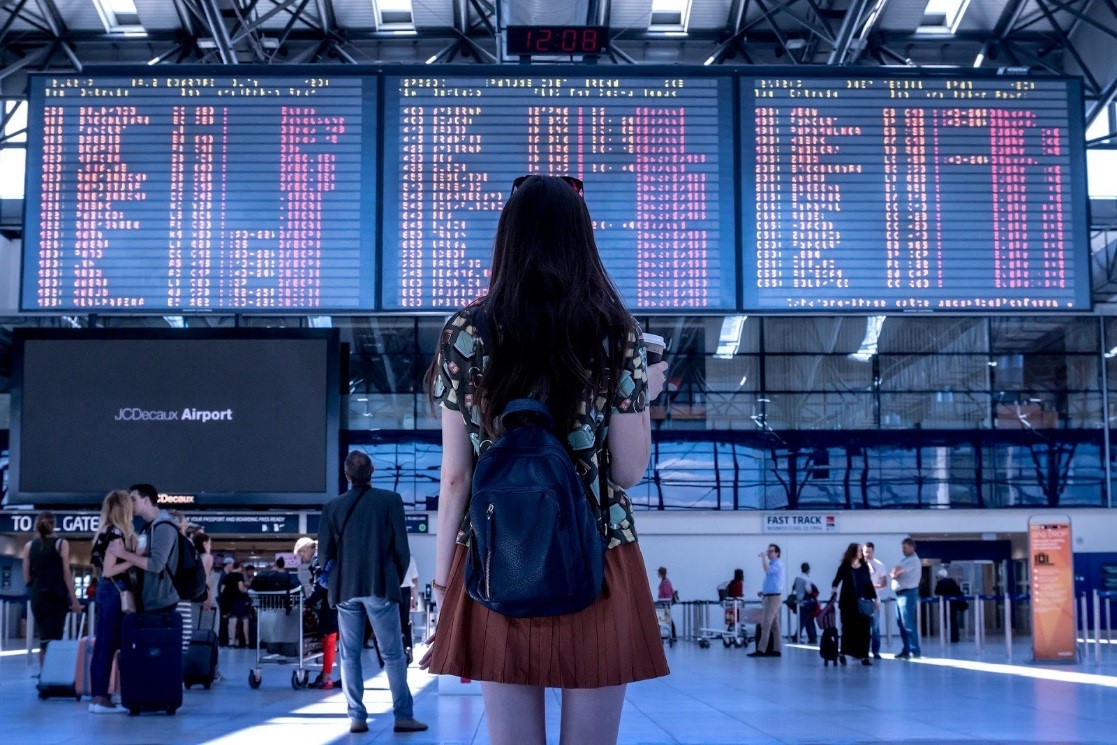
Photo: Flygskam or flight shame a new reality for travel impact on the globe
While this term has environmental activists like Greta Thunberg promoting train travel instead, there are so many creative and immersive ways to travel green that can also be good for your health like a bicycle tour through the Netherlands. You can even participate in charity bike rides with a local or national non-profit organization.
Consider an eco-friendly stay at a hotel or take a hands-on approach at a Caribbean ecological research station. Glamour camping (aka “glamping) is another great way to immerse yourself in your surroundings while keeping your footprint light.
Community-led tours and volunteer trips are another great way to ensure you are making a positive contribution to the community you are visiting.
All in all, there are so many ways for us to consciously travel moving forward without compromising our trip. In fact, when we open ourselves up to changing our travel habits, it invites opportunities for richer memories, and who doesn’t want that?

For more information on Transformational Travel and how it could be implemented into your travels or business, please feel free to reach out to me.
Written by Claire Burt
Vegan Vacations is 100%
vegan owned and operated. As a Vegan Travel Agent supporting vegan travellers
all across North America, we make Plant-based vacations a reality.

